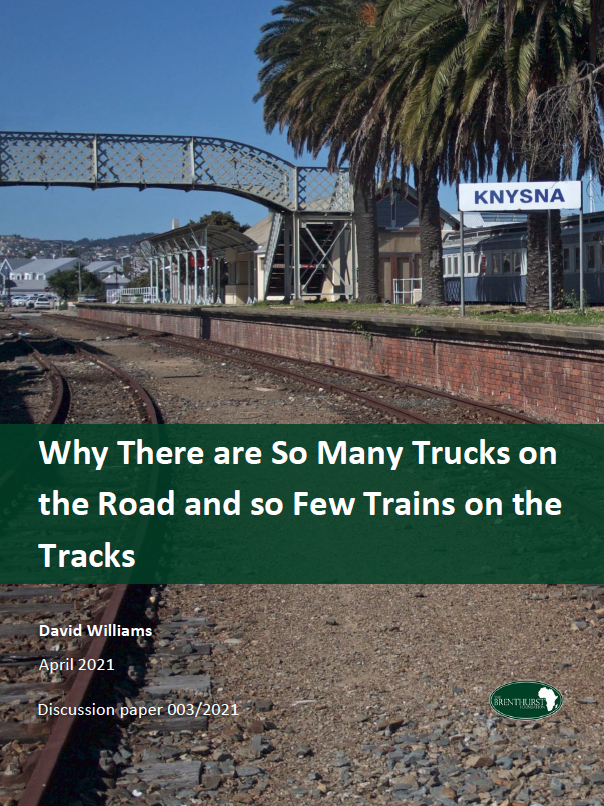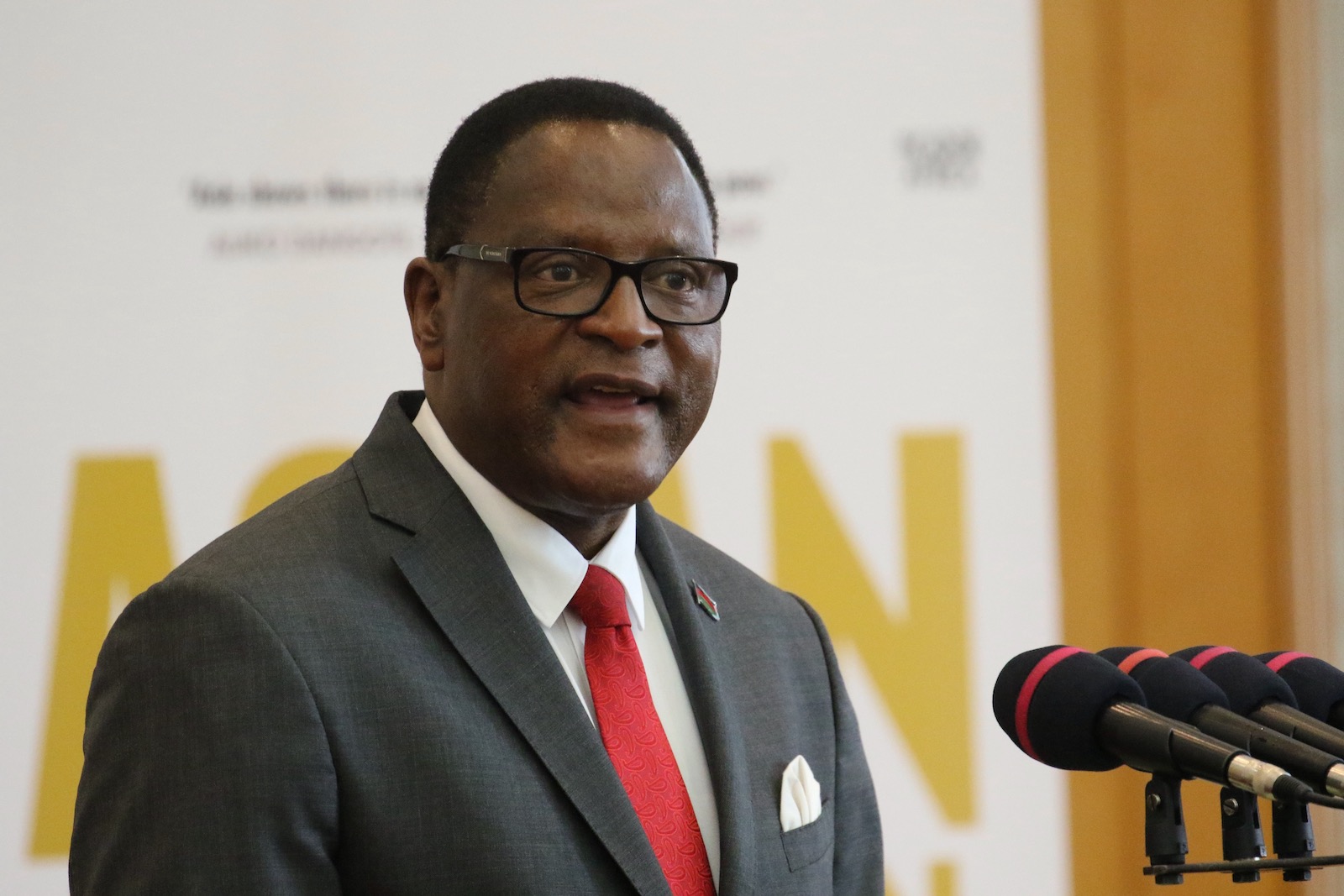Publications
Why There Are so Many Trucks on the Road and so Few Trains on the Tracks
For more than a century, South Africa's railways were a key economic driver and enabler for the country. The first train in the territory that became the Union of South Africa ran from the centre of Durban to the Point in 1860. But it was the discovery of important diamond deposits (1867 in Kimberley) and the world's richest gold reef (1886 on the Witwatersrand) that drove railway expansion dramatically. It is no exaggeration to say that the railways opened up South Africa economically, and helped to unite it politically.
By 1977, government policy switched to being road-friendly. Prompted by the strong economic growth of the 1960s and early 1970s, the Van Breda Commission recommended that “qualified deregulation should take place gradually”.
Against the backdrop of operational, managerial and financial decline, the railways became progressively more unsafe and unsecured. This was a 35-year process that culminated in unchecked theft and sabotage in the 2020 lockdown.
What is to be done? If the railways are to be saved, there has to be a recovery plan. It must be based on lessons from history; and on realities, not on ideology, wishful thinking or ANC factional dynamics.

We are now at the point where most of South Africa's railway network is likely to be written off and closed. Unless government gets the strategy, policy and governance structures right, and appoints men and women of integrity and competence who can execute a realistic, sensible strategy, the Covid lockdown of 2020 will come to be regarded merely as the last nail in the coffin.
David Williams is a former Deputy Editor of Financial Mail, and Deputy News and Sports Editor at Talk Radio 702. He has written several books on sport (rugby and cricket) and military history.


